Dump trailers serve a multitude of purposes in various industries, from construction to landscaping. However, one frequent question arises: What does a dump trailer weigh? This inquiry isn’t merely about numbers; it encompasses understanding the weight’s implications for transport, capacity, and operational efficiency.
In this detailed guide, we explore the weights of dump trailers, the factors influencing them, and why it matters for users in choosing the right dump trailer for their needs.
Types of Dump Trailers and Their Weights
Dump trailers come in several types, each with distinct weight profiles. Below is a breakdown of common types and their typical weights:
| Type of Dump Trailer | Typical Weight (lbs) | Typical Capacity (cu. ft) |
|---|---|---|
| Light-duty Dump Trailer | 3,000 – 6,000 | 5 – 10 |
| Medium-duty Dump Trailer | 6,500 – 10,000 | 10 – 20 |
| Heavy-duty Dump Trailer | 10,000 – 14,000 | 20 – 30 |
| Gooseneck Dump Trailer | 14,000 – 20,000 | 30 – 40 |
1. Light-Duty Dump Trailers
Light-duty models are designed for smaller tasks such as lawn care, light construction, or landscaping. Weighing between 3,000 and 6,000 pounds, these trailers typically offer capacities ranging from 5 to 10 cubic feet, making them ideal for residential jobs or small-scale commercial projects.

2. Medium-Duty Dump Trailers
The medium-duty category fits between light and heavy-duty trailers, weighing around 6,500 to 10,000 pounds. With a capacity of 10 to 20 cubic feet, these trailers are versatile enough for various applications, including mid-range construction sites and larger landscaping projects.
3. Heavy-Duty Dump Trailers
Heavy-duty dump trailers cater to intense workloads, used primarily in construction and demolition. They weigh between 10,000 and 14,000 pounds and can haul 20 to 30 cubic feet of material, making them suitable for transporting heavy debris and construction materials.
4. Gooseneck Dump Trailers
Gooseneck trailers are well-known for stability and increased weight distribution while towing. These trailers weigh between 14,000 and 20,000 pounds and offer capacities of 30 to 40 cubic feet. They are often used in heavy-duty applications, including construction, agriculture, and waste management.

Factors Influencing Dump Trailer Weight
The weight of a dump trailer is not a fixed figure; several factors contribute to its overall weight. Understanding these factors enables users to make informed decisions.
Frame Material
Dump trailers can be constructed from various materials, including steel, aluminum, and galvanized metals. Steel trailers are sturdier but heavier, adding a significant weight burden. In contrast, aluminum offers a lightweight option, albeit at a higher cost.
Size and Capacity
Naturally, the size and design of a trailer affect its total weight. Larger trailers consist of more material and subsequently weigh more. Load capacity also influences the weight; a trailer designed for heavier loads will be built with thicker materials, increasing its weight.
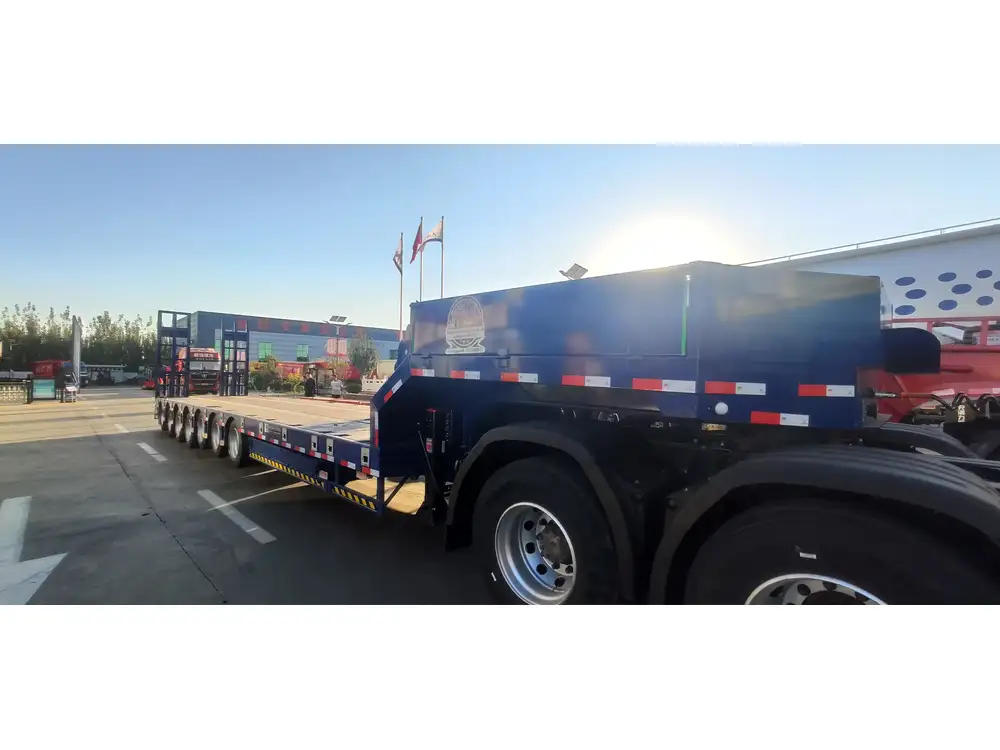
Suspension Type
The type of suspension utilized impacts both the weight and how the trailer handles when loaded. Heavy-duty axles and springs increase the structural weight but improve capability and safety on the road.
Additional Components
Other components, such as ramps, toolboxes, and lifts, contribute additional weight. When considering the overall weight, these elements should not be overlooked, especially for those requiring enhanced functionality.
Optional Accessories
Accessories such as tarps, storage boxes, and various towing attachments can add significant pounds. While they enhance functionality, they do make it crucial to keep the total weight in mind to avoid exceeding towing limitations.

Weight and Its Impact on Use
1. Towing Capacity
Knowing the weight of a dump trailer is essential for ensuring compatibility with your tow vehicle. Each vehicle has a predetermined towing capacity that varies based on its design and engine specifications. Exceeding this limit can result in dangerous driving conditions, impacting both safety and performance.
Example Comparison: Towing Capacity vs. Trailer Weight
Consider a half-ton truck with a towing capacity of 12,000 pounds. If you choose a heavy-duty dump trailer weighing 10,000 pounds, the available payload capacity becomes 2,000 pounds after accounting for the weight of the trailer.
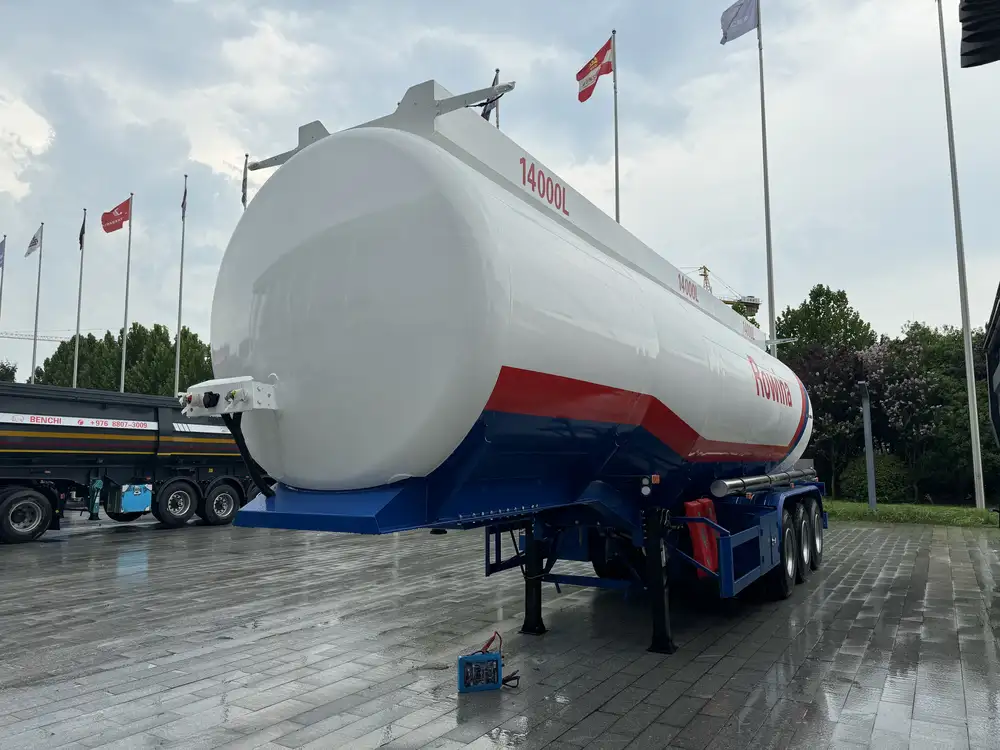
2. Legal Weight Limits
In many jurisdictions, specific legal weight limits exist for trailers in transit. Exceeding these limits may result in fines, equipment damage, or even accidents caused by poor handling. Understanding the weight of your dump trailer helps ensure compliance with local regulations.
3. Load Distribution and Handling
The effective distribution of weight within a trailer affects its handling characteristics. A well-balanced load reduces the chance of sway, ensuring safer transport. Overloading or improperly loading a dump trailer can cause instability and is a major contributing factor to road accidents.
Importance of Understanding Dump Trailer Weights

1. Maximizing Efficiency
Choosing a dump trailer that suits your specific needs can maximize operational efficiency. By selecting the right weight class, you ensure that your vehicle’s towing capacity is used correctly, reducing wear and tear on both the trailer and the towing vehicle.
2. Cost Implications
Higher weight ratings often come at a premium. Understanding trailer weights upfront enables better budget planning, whereas underestimating your needs may lead to additional costs in maintenance, repair, or even regulatory breaches.
3. Safety Considerations
Safety should always be a paramount concern. Operating with an incorrectly weighted trailer puts drivers, passengers, and other road users at risk. Ensuring that the total weight is appropriate for your towing vehicle and adhering to legal limits mitigates unnecessary hazards.
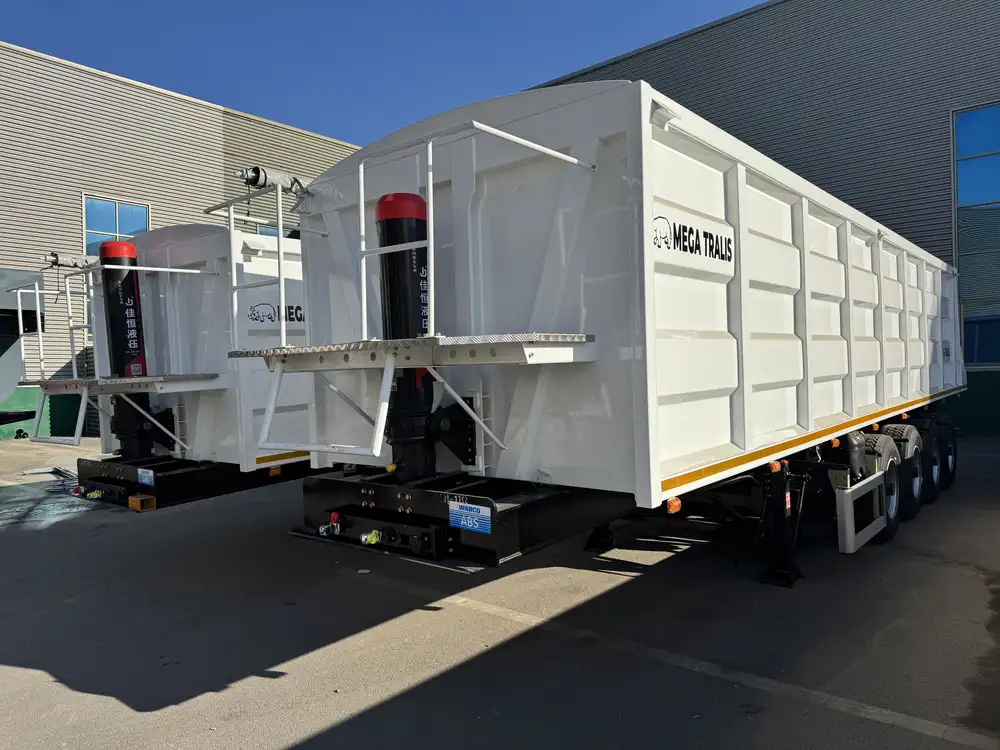
Tips for Selecting the Right Dump Trailer Weight
Choosing the perfect dump trailer isn’t just about deciding between light, medium, or heavy-duty categories; it requires weighing numerous factors together. Here are some vital tips to guide you through the decision-making process.
Assess Your Requirements
Job Type: Identify the primary uses of the trailer. Will it be for landscaping, construction, or extensive debris removal?
Load Volume: Calculate the volume and nature of loads you’ll frequently transport.
Match with Vehicle Specifications
Towing Capacity: Check your vehicle’s specifications and ensure that you select a dump trailer within the safe towing limits.
Weight Distribution: Consider how weight will be distributed across your vehicle’s axles to maintain balance while towing.
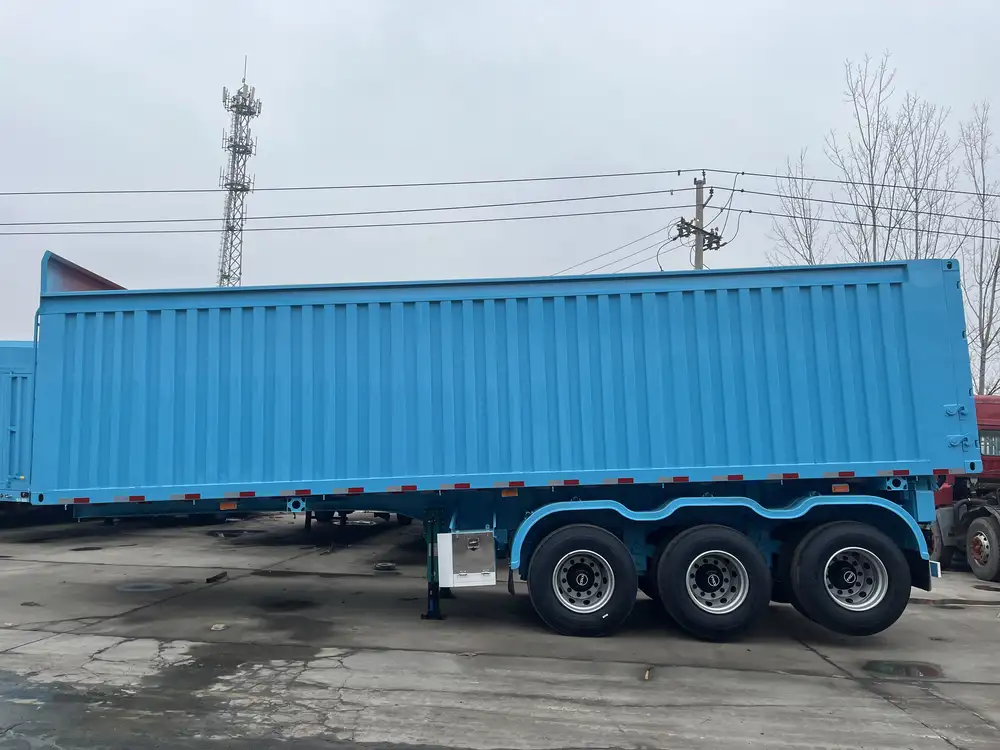
Evaluate Operational Efficiency
Material Type: Investigate aluminum vs. steel based on your efficiency goals—I.e., if you require something lightweight and rust-resistant, aluminum may be the best option despite the cost.
Long-Term Maintenance: Assess the long-term maintenance costs associated with different materials and styles of dump trailers.
Legal Considerations
- Local Regulations: Research local laws governing trailer weight limits to ensure compliance, thus avoiding potential fines.
Conclusion
Understanding the weight of a dump trailer goes far beyond simple numbers; it involves a comprehensive analysis of various factors influencing both the trailer’s capacity and operational efficiency. From exploring the different types of dump trailers to appreciating how weight affects towing capacity and safety, we’ve unfolded the nuances surrounding this critical topic.
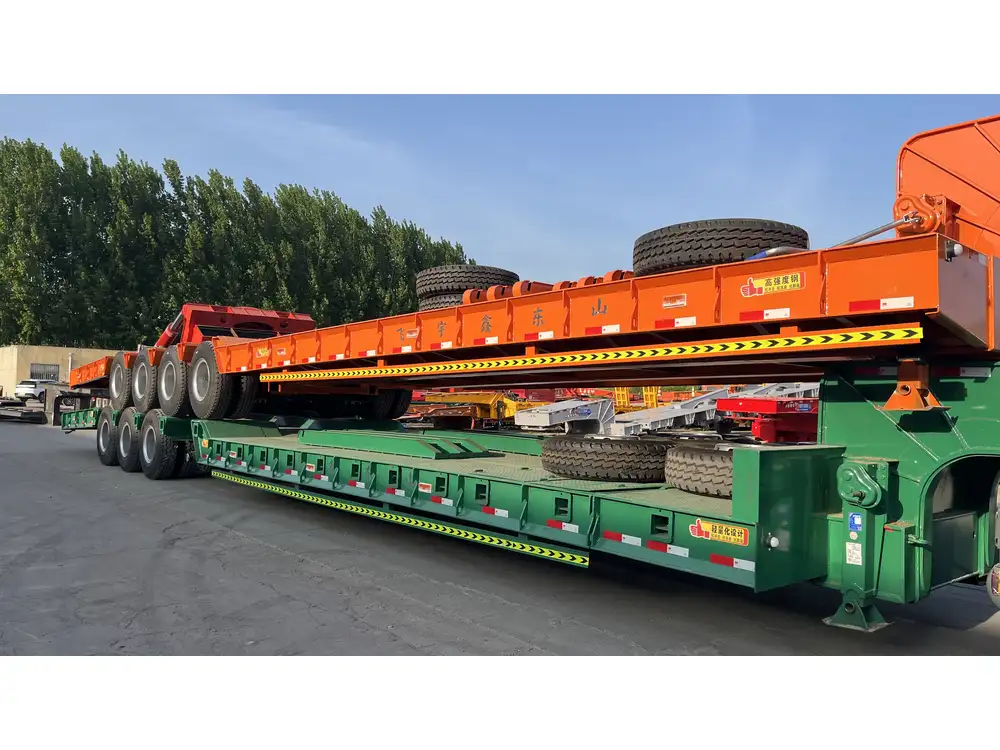
Summary Checklist
- Define Your Needs: Identify the job type and load requirement.
- Match Vehicle: Ensure proper compatibility with the towing vehicle based on weight.
- Consider Legal Limits: Keep in mind local towing regulations.
- Assess Material Types: Choose between aluminum and steel based on usage and efficiency.
- Plan for Maintenance: Consider the long-term operational costs associated with your trailer.
By following these guidelines, users can select the right dump trailer, ensuring efficiency and safety while navigating the demanding environments where these vehicles are essential. The weight of your dump trailer should not just inform but empower you to make optimal choices for your hauling needs.



